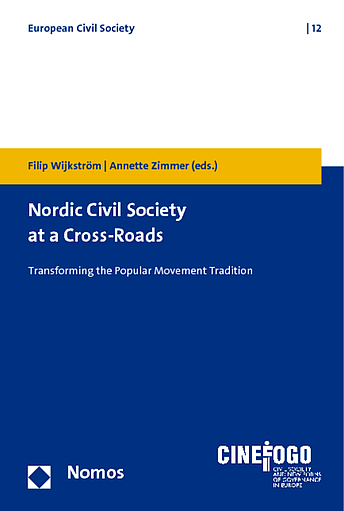englischScandinavian societies have been noted for the combination of political stability and extensive social progress. During the 20th century, influential popular movements constituted a crucial factor in this equation. The benevolent welfare states of the North have been backed by active civil societies of which membership organizations working in close proximity with the welfare state administrations constituted the hallmark. With this civil society model as an important backdrop, the contributions of the volume track and analyze a number of changes identified both at the very center and at the margins of Scandinavian civil societies and their membership organizations which are traditionally embedded in a so-called popular movement marinade. Professionalization, transnationalization and marketization are major trends that increasingly put the traditional Scandinavian civil society approach of doing things into question. The contributions of the volume focus on drivers, processes and outcomes of change affecting the traditionally membership based civil societies in Scandinavia. Amongst the authors of the volume are Lars Trägårdh, Marta Reuter, Apostolis Papakostas, and Victor Pestoff.
Mitgliederorganisationen, eingebunden in Bürgerbewegungen, sind charakteristisch für skandinavische Zivilgesellschaften. Wird diese Besonderheit der nordischen Gesellschaften überleben? Der Band analysiert den Einfluss von Trends wie Professionalisierung und Transnationalisierung auf skandinavische Zivilgesellschaften und identifiziert Akteure, Prozesse und Ergebnisse der Entwicklungen.


